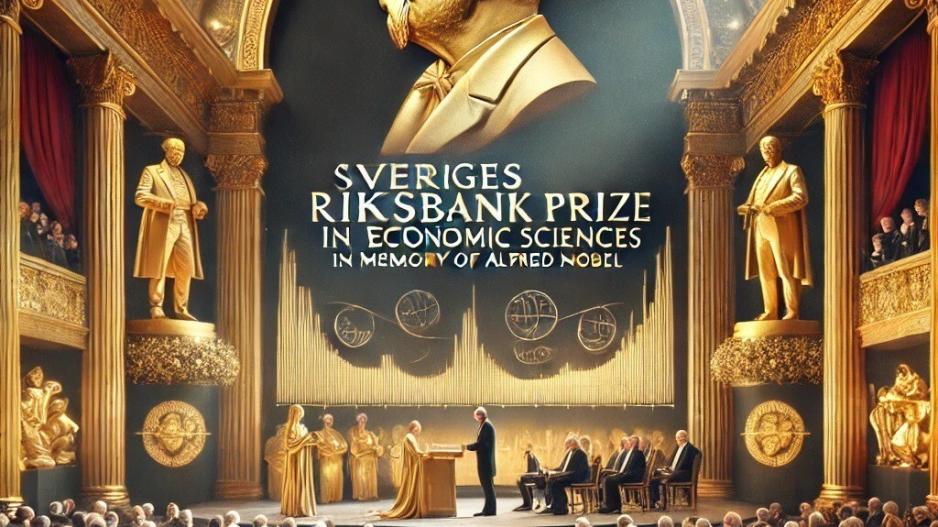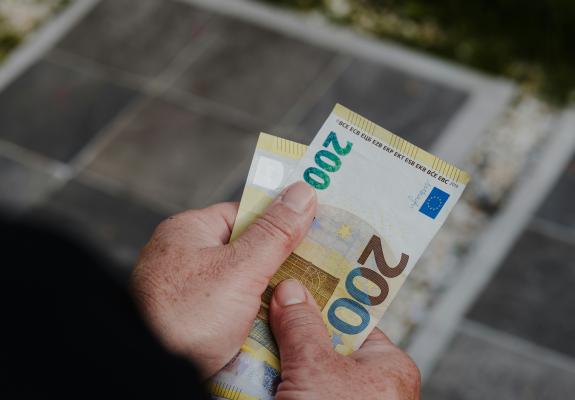Three Receive Nobel in Economics for Research on Global Inequality
Daron Acemoglu, Simon Johnson, And James Robinson Honored For Their Research On How Institutions Shape Prosperity And Reduce Global Income Disparities
Daron Acemoglu, Simon Johnson, and James Robinson won the 2024 Nobel Prize in Economics "for studies on how institutions are shaped and how they affect prosperity," announced the Royal Swedish Academy of Sciences on Monday.
The prestigious award, officially known as the Sveriges Riksbank Prize in Economic Sciences in Memory of Alfred Nobel, is the final prize awarded this year and is worth 11 million Swedish kronor (1.1 million USD).
"Reducing the massive income disparities between countries is one of the greatest challenges of our time. The laureates have demonstrated the importance of social institutions in achieving this goal," said Jakob Svensson, Chair of the Economics Prize Committee.
The Economics Prize is not one of the original prizes for science, literature, and peace established by the will of dynamite inventor and entrepreneur Alfred Nobel, which were first awarded in 1901, but a later addition created and funded by Sweden's central bank in 1968.
Previous winners include many prominent intellectuals, such as Milton Friedman, John Nash—portrayed by actor Russell Crowe in the 2001 film A Beautiful Mind—and, more recently, former U.S. Federal Reserve Chair Ben Bernanke.
Last year, Harvard economic historian Claudia Goldin won the prize for her work highlighting the causes of wage inequality and labor market disparities between men and women.
This year's awards began last Monday with American scientists Victor Ambros and Gary Ruvkun winning the prize for medicine, and concluded with the Peace Prize, awarded on Friday to the Japanese organization Nihon Hidankyo, a group of survivors from Hiroshima and Nagasaki, which has campaigned for the abolition of nuclear weapons.






